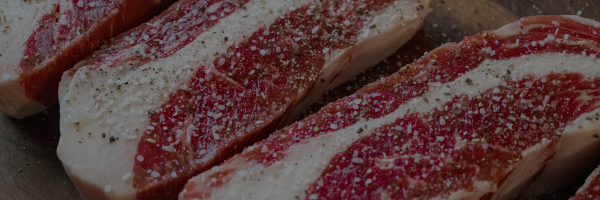Our Blogs
Welcome to our blog, we love touching upon multiple different topics like recipes, nutrition and even pet health.
Put up your boots and take a look around.

Nutrition
Learn more about the nutrition that you get in our products but also in other products and that you get at the supermarket.

Cooking and Recipes
Want some mouth watering recipes while using our products? We got you covered!

Pet Health
We keep out pets health seriously here at Slankers, find out more on how to take care of your pet.

Ted's Prime Cuts
Here are some of our original blog posts from the old owner Ted.

News
Get updates on the latest news happening at Slankers

Community
Find out what Slankers is doing for our community!